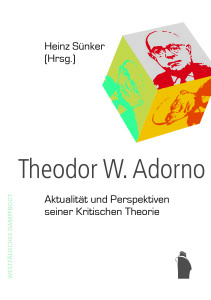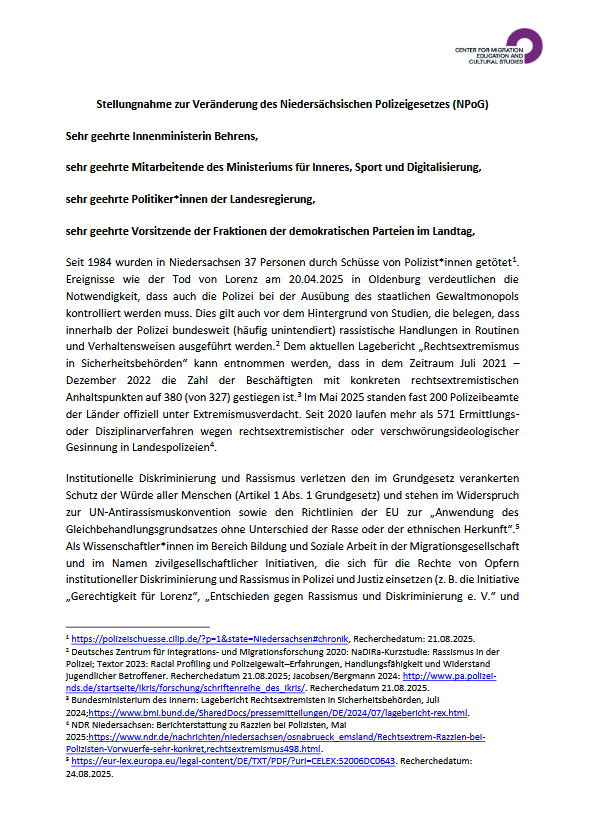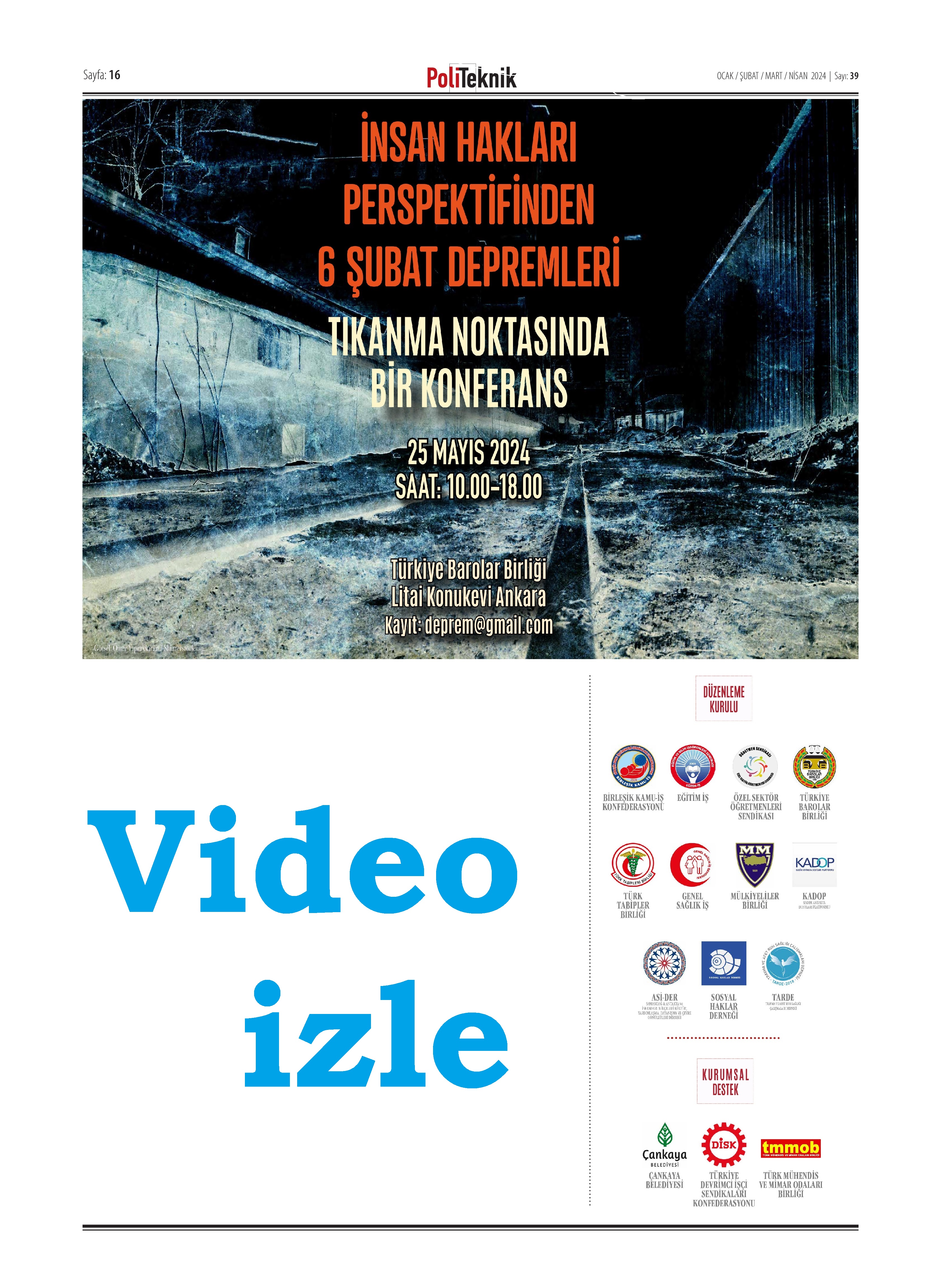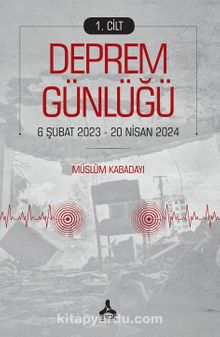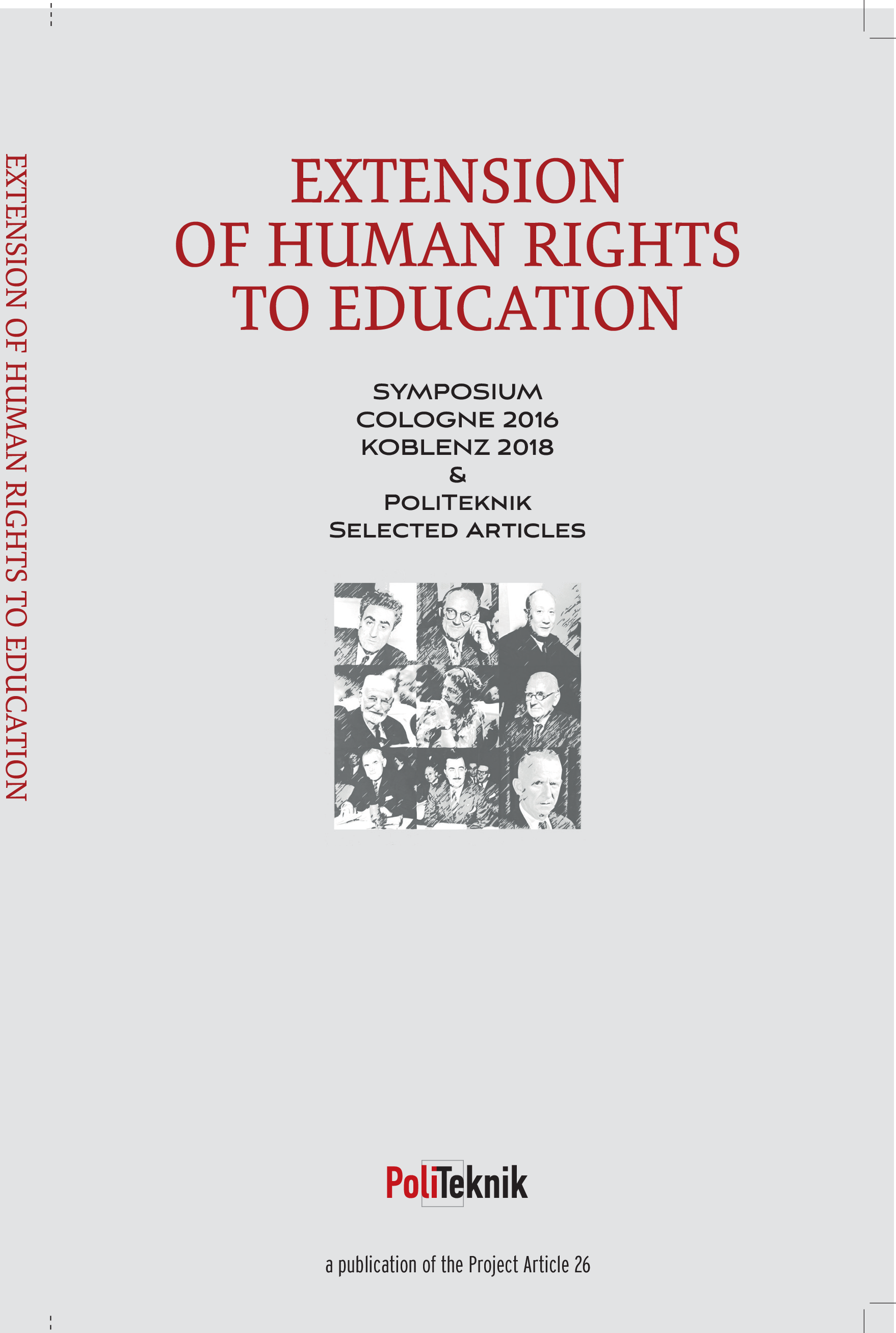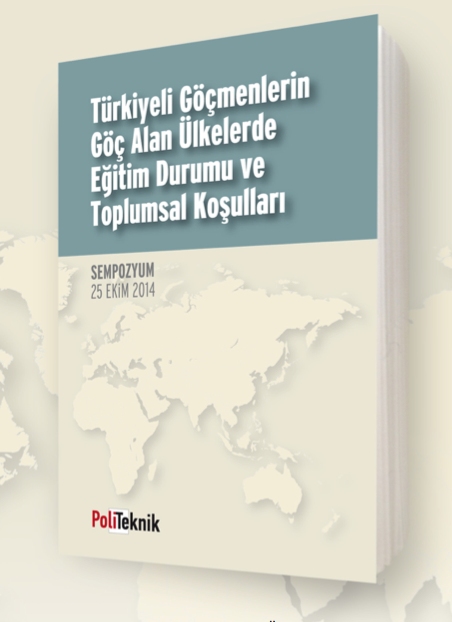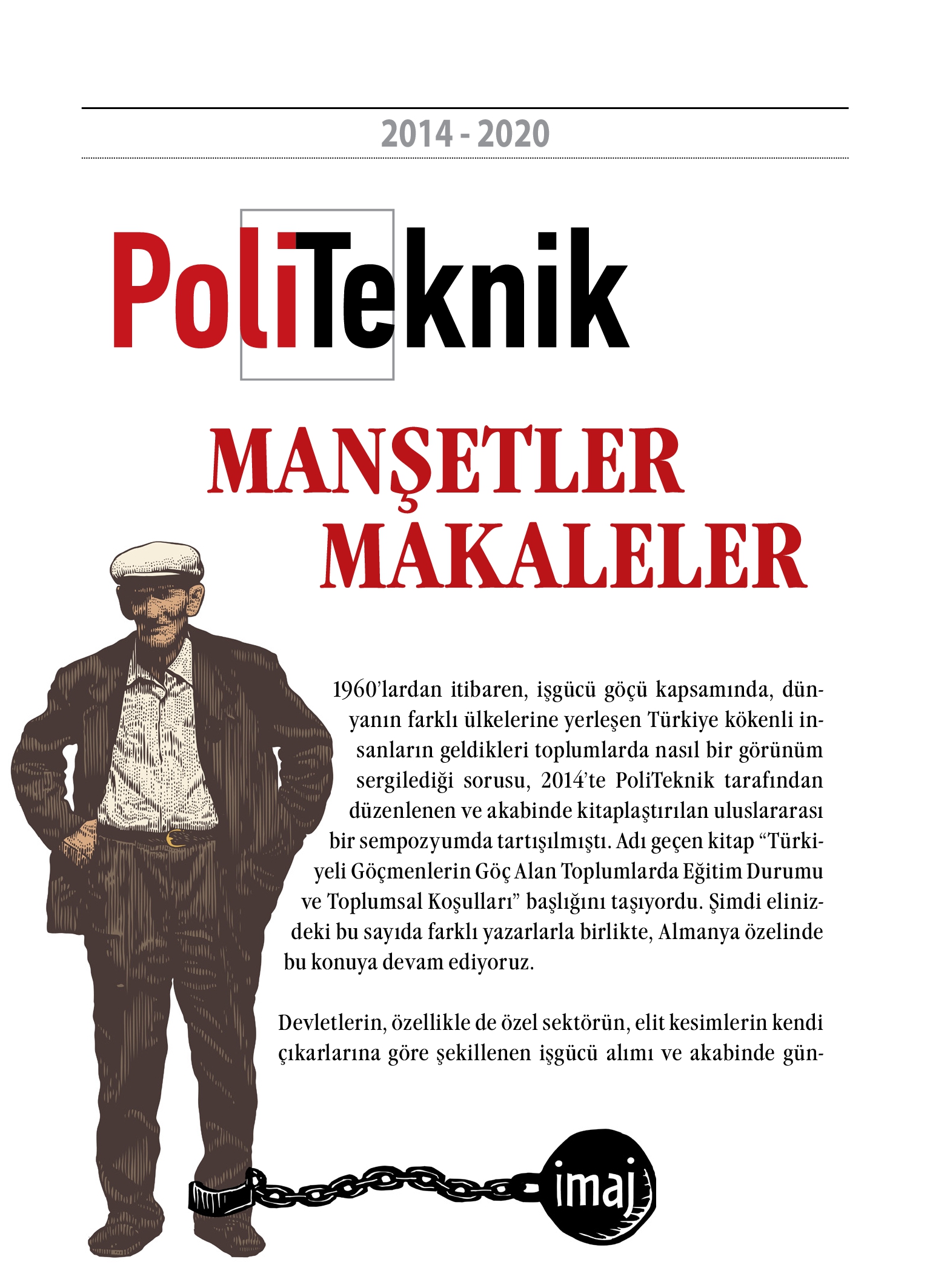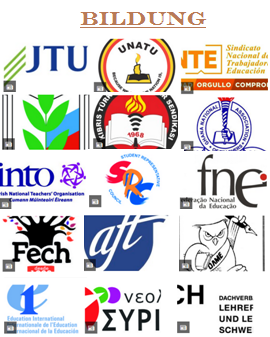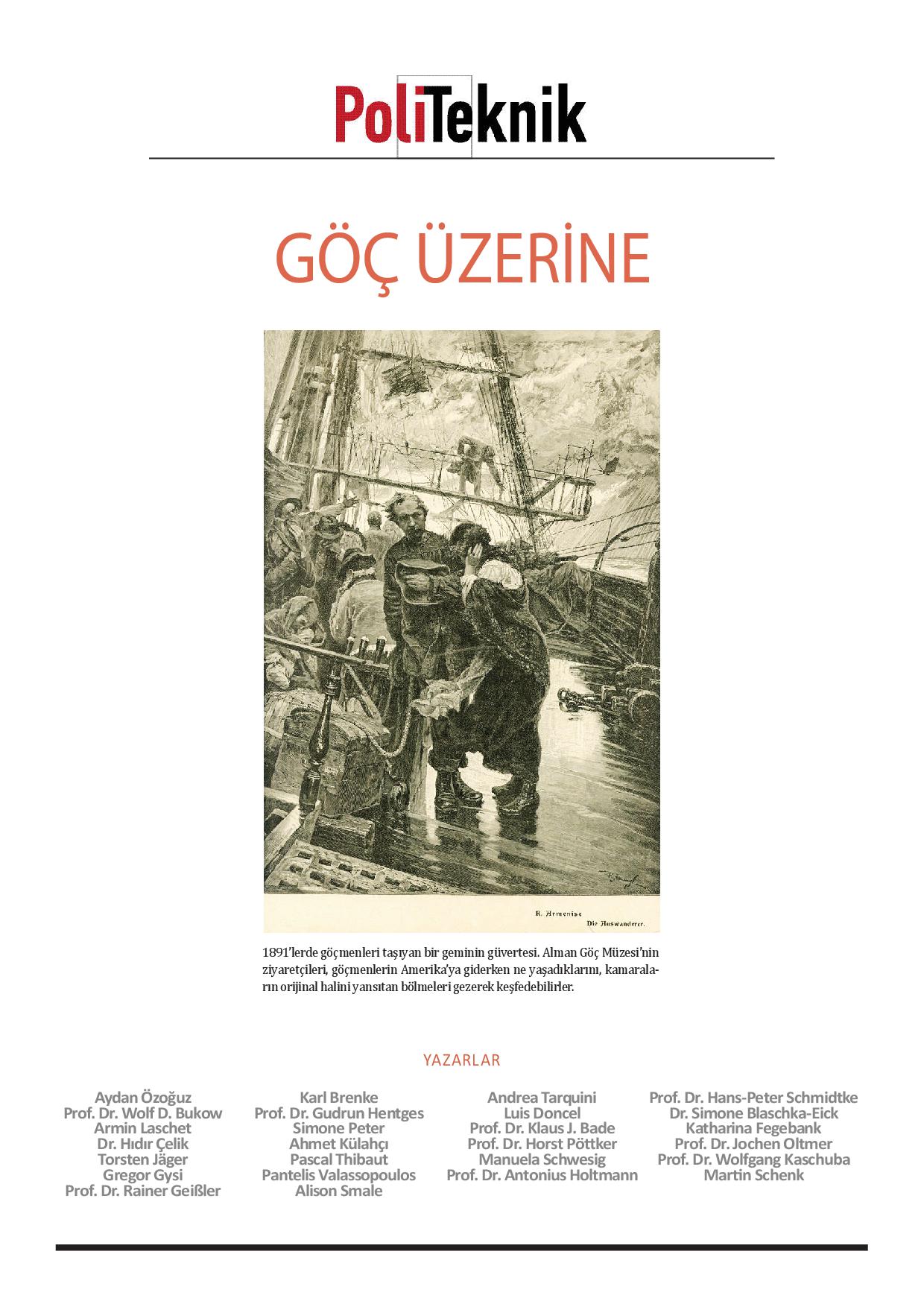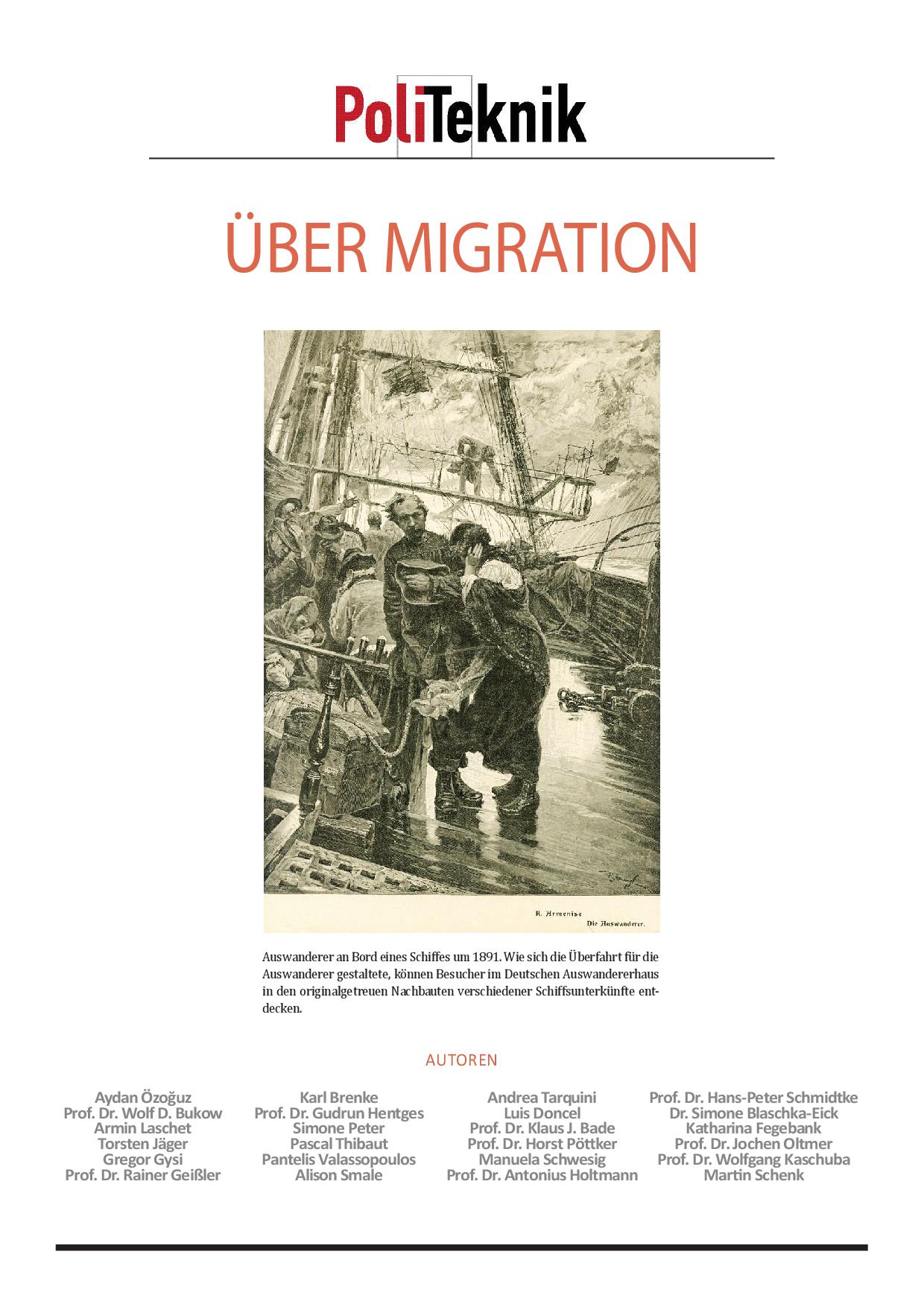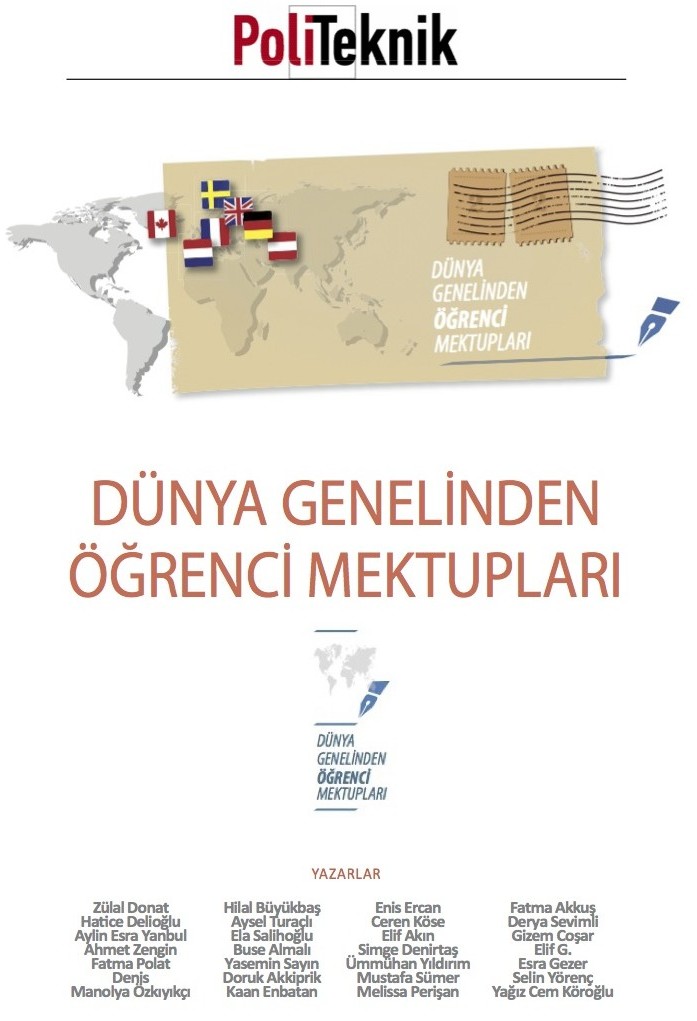
– Erste Eindrücke aus der PoliTeknik Befragung –
GROßBRITANNIEN – INDIEN – VIETNAM
UGANDA – SÜD AFRİKA – TÜRKEI
SCHWEDEN – ECUADOR – PERU
MADAGASKAR – ZYPERN – DEUTSCHLAND – KENYA
Links zu der Befragung in 5 Sprachen:
- https://forms.gle/ApaHBc2bjmdNr2gQ6 (Türkisch)
- https://forms.gle/mnmL7FPDD7Sk88LQA (Englisch)
- https://forms.gle/Nz38JpbyuPteXsKV7 (Spanisch)
- https://forms.gle/TrytWzo9bjHVqcf19 (Portugiesisch)
- https://forms.gle/EKtW8a4TCRzccPML9 (Makedonisch)
Tamralipta Patra & Akash Yadav
PoliTeknik International – Indien
Mitwirkende bei der Befragung:
Prof. Alexandre da Silva (PoliTeknik Português, Brazilien)
Prof. Raquel Melo (PoliTeknik Projekt „Erweiterung des Menschenrechts auf Bildung – Brasilien)
Susanne Jacobsen Perez (PoliTeknik Español, Dänemark)
Aysel Turaçlı (PoliTeknik International, England)
Übersetzungen:
Maria Luisa Meira (Portugiesisch; PoliTeknik Português, Brazilien)
Can Aydın (Türkisch; PoliTeknik International, Deutschland/Türkei)
Alhassane Faty (Französisch; PoliTeknik International, Senegal)
Adela Gjorgjioska (Makedonisch, Makedonien)

FRAGEN (in Englisch) und ANTWORTEN (in Englisch, Türkisch, Spanisch und Französisch)
- How has the pandemic changed your school activities?
Aysel T., UK {Grade 12}: Pandemic has significantly affected my school activities. All of my friends live far away from me and now with the current guidelines, restrictions and travel bans, I am unable to meet with them.
Gaurisa Y., India {Grade 10}: Earlier there was a regular assembly time during which all students gathered, but now due to pandemic no morning assembly is conducted. No curriculum activities are conducted in school during this period.
Nguyen P. H., Vietnam {University student}: I am able to learn normally during the school closure.
Florah, Uganda {University student}: I missed my school year.
Tayebwa J., Uganda {University student}: Pandemic has crippled the entire education system to the extent that I have spent 1 year and 5month studying a single semester which is supposed to take 4months.
Mary, Kenya {Primary school teacher}: During the pandemic no one was paid, at the moment the school has financial problem.
Lakheni N., South Africa {Grade 12}: There is a limited amount of students that are allowed in school.
Anonymous, Turkey {Grade 10}: Bir sürü sıkıntı çıktı gerek internette gerekse maddi olarak . Bu ankedi yapıyorsak fikrimi de yazayım. Bence virüs çıkmadan önce hangi sınıftaysak ordan başlamamız gerekirdi.
Biz öğrenciler olarak başkalarını bilmem ama çevremdeki yaşıtlarım arkadaşlarım hepsi fazla birşey anlamadığından bahsediyordu. Bence pandemi döneminde derslere ara verecektik sonra pandemi bitince nerde kaldıysak ordan devam etmek daha mantıklıydı. Tessekurler…
Recep D., Turkey {Grade 8}: Sadece fiziksel olarak daha iyi anlaşılabilecek konularda biraz zorluk oldu ama fazla etkilemedi.
Mehmet, S. {Grade 11}: Okula gitme yerine evde kalmak gerçekten çok zor. Öğrenim seviyesini kayda geçer bir şekilde etkiliyor.
Digna, Ecuador {University student}: No puedo poner mucha atencion por em motivo que paso con mi hija.
Fernanda Michelle A.V., Ecuador {University student}: La verdad el internet no es bueno y se cortan las clases y las materias como matematicas son mas complicadas en entender ya que no se cuenta con un pizarrón o si los hay o se ven bien debido al internet.
David V., Ecuador {University student}: La falta de implementos necesarios para ejercer mis tareas y dificultades de aprendizaje.
Daniela, Perú {University student}: Cambio total y cancelación de las clases presenciales y por ende cancelación de prácticas en los hospitales, aumentaron las delimitación para el proceso enseñanza_ aprendizaje debido a la deficiencia en el alnze al Internet.
Dharly M. Paz C., Perú {Superior}: Dificultad en el tema de la conectividad, ya que el internet es muy lento y tengo que recargar el celular cada semana.
Anonymous, Madagascar {3ème année student}: Rien de nouveau, sachant que la moitié des cours ne sont pas faits en présentiel.
Anonymous, Madagascar {Masters Unversity student}: Cela a développé un nouveau système d’enseignement, d’apprentissage et de recherches.
- Please elaborate on how the digital/online learning has an impact on your learning and overall development.
Aysel, UK: Digital/online learning has had a negative impact on my learning and development. Learning online is nothing like learning in person. It is a lot harder for teachers to utilize technology as it is all happening so fast.
Abaho B., Uganda {University student}: You lack face to face interactions with the lecturer.
Dakshita, India {Grade 9}: 9th grade is the base for 10th grade and the topics are not clear to us; if we don’t know the topics of 9th then how would we do the topics of 10th.
Mary, Kenya: It has lagged me behind now I can’t finish my course in time.
Lakheni N., South Africa: The lack of contact with teachers made it difficult to grasp content.
Recep D., Turkey: Evde bulunduğum zaman daha fazla olduğu için soru çözme sürem ve doğal olarak sayıları da arttı. Bu yüzden iyi bir gelişim denebilir.
Asya A., Turkey {Grade 8}: Dersler dijital olunca insan anlamakta çok daha zorlanıyor evde tek başıma çalışmak zorunda kalıyorum üstelik evimizde çalışmam için uygun bir ortam da yok
Nihal, Turkey {Grade 9}: Online çok fazla bişe anlamıyordum Defterleri tamamlayamıyordum
Emel U., Cyprus {Grade 12}: Hem avantajları hem dezavantajları olduğunu düşünüyorum fakat benim için dijital eğitimin avantajları daha fazla. Sosyal ve akademik açıdan okulum her zaman yetersizdi ve eğitimimi zaten evde kendim çalışarak tamamlıyordum, aynı zamanda psikolojik rahatsızlıklarımdan dolayı anlaşamadığım ve sevmediğim yerlerde bulunmak istemiyorum ama yaşıtlarımla aynı ortamda bulunmamın benim için daha sağlıklı olduğunun farkındayım.
Mehmet, Sweden: Öğrenim süreci kötü anlamda etkileniyor, evde online derslere odaklanmak dikat dağıtıcı etkenlerden dolayı zor oluyor.
Mirian S., Ecuador {University student}: En partes es positivo porque las personas que temos niños podemos estar mas tiempo con ellos. El lado negativo es porque no podemos entender bien los trabajos y las clases.
Fernanda V., Ecuador: El impacto que se tiene es negativo ya que algunos compañero ni entran a clases por que ni entenden o simplemente no hay los recursos necesarios.
Stefany, Ecuador {University student}: Antes no se había trabajado de esta manera pero hay que seguir luchando por nuestra salud educación y bienestar como personas y estudiantes.
Daniela, Perú: Debido a la carrera profesional el desarrollo es netamente práctico asistencial y solo estamos desarrollando teoría es por ello que existe un vacío en las actividades que normalmente se aplicaba que puede afectar a largo plazo.
Franssua Felix Q. P., Perú {University student}: La educacion digital es mejor pero los metodos de estudio que manejan los docentes no estan acorde a la situación, las clases son iguales de cansadas y largas como lo era el presencial, y la Metodología es la misma, es digitalizar las clases es un paso importante ya que todo es mas accesible pero si fueran cortas, rapidas, nos daría mayor tiempo libre para compensar esas largas horas encerrados en 4 muros.
Anonymous, Madagascar {3ème année student}: Je ne vois pas trop.
Anonymous, Madagascar {Masters Unversity student}: Nous sommes dans l’ère du numérique et l’apprentissage en ligne nous a permis de nous y initier.
- Has excess use of tablets/cell phones/laptops had any physical/psychological effect on your overall well-being?
Aysel, UK: I stare at a screen form at least 5 hours every day which is extremely unhealthy. About the psychological effects, I am not quite sure; I have not dwelled on it too much.
Gaurisa Y., India: Due to online classes, I spend more time on phone and laptop. This resulted in negative impact on eyes and now I have to wear prescription glasses.
Florah, Uganda: It affects my eyes too much. Most especially to us who are myopic. I get no time for myself.
Mary, Kenya: Having no money at times, I feel stressed since the class maybe going on and I’ve not attended.
Lakheni N., South Africa: Since all the information was available online, it made me lack creativity and mindfulness.
Anonymous, Deutschland {Grade 2}: Baş ağrısı
Asya A., Turkey: Bilmiyorum ama günün çoğu zamanında başım ve sırtım ağırıyor
Anonymous, Turkey: Gözlerim bozulacaktı ama şuan bir sıkıntı yok
Emel U., Cyprus: Omuz ağrısı
Mehmet, Sweden: Ara sıra gözlerim ağrıyor.
Digna, Ecuador: Que tengo problemas con la vista me duele mucho no puedo estar en frente del del ornador. Es una deseperacion extraña.
Mirian S., Ecuador: En parte si poruq nos ayuda a estar mas informados sobre lo que esta pasando el mundo.
Cristina M., Ecuador {University student}: Ceguera, dolores de cabeza hasta acostumbrarse. Más tiempo en el celular, un vicio cibernético.
Franssua P., Perú: Actualmente llevo un tratamiento para mis ojos por desgaste ocular. Insonmio, antes mi mente se despejaba de la universidad cuando salia de ella, y mi casa era mi lugsr de descanso, de libertad, de sentirme calmado, ahora mi casa es mi universidad y no encuentro lugar de despeje, por ello siempre me siento como apresurado, con mi mente muy acelerada.
Dharly C., Perú: Las vistas es el primer afectado en mi al pasar horas con el celular escuchando clases y realizando trabajos virtuales. Me frustraba por la cantidad de trabajos que encomendaban los docentes y la falta de comunicación que podíamos tener pese a la distancia y no podíamos consultar dudas.
Anonymous, Madagascar {Masters Unversity student}: Mes yeux sont souvent fatigués. Cela a réduit ma vie sociale.
- How do you think your friends are handling the pandemic?
Aysel, UK: I know that my friends are feeling as lonely, isolated and bored as much as I do.
Gaurisa Y., India: My friends were fed up with the online classes due to network issues etc. They wanted that schools should be reopened.
Tayebwa J., Uganda: It is not easy on their side, since they no longer have a good living. This has been due to closure of schools, parents businesses like restaurants and many others.
Mary, Kenya: Some are involved in small businesses that they are doing.
Lakheni N., South Africa: Most of my friends saw this as an opportunity for leisure.
Anonymous, Deutschland: Aynı. Sıkılarak.
Asya A., Turkey: Genelikle ders çalışıyorlardır ama muhtemelen onlarda da gelecek kaygısı vardır
Nihal, Turkey: Çoğunun başa çıktını düşünmüyorum
Mehmet, Sweden: Arkadaşlarımın pandemi sürecinden en az benim kadar etkilendiklerini
söyleyebilirim, genel olarak herkeste doğal olarak bir odaklanma sorunu oluştu. Ama pandemi sürecinin
hiç birimizi psikolojik/fiziksel olarak etkilediğini söyleyemem.
Gissela Jamileth P. P., Ecuador {University student}: Bueno creo yo que mis amigos están afrontando la pandemia quedándose en casa y cuidarse.
Fernanda V., Ecuador: La verdad mal por que sin una buena educacion no se aprende nada.
Yulissa D. L. C., Ecuador {University student}: Con valentía juntos con sus familias intentando sobrevivir ante tremenda situación que llevamos en el pais.
Daniela, Perú: Con estrés, cansancio y preocupación por no saber que nos puede pasar más adelante.
Franssua P., Perú: Igual que yo, es dificil, al inicio no pero ahora se siente las secuelas de que no se ha logrado establecer una nueva metodilogia virtual por parte de los docents.
Anonymous, Madagascar {3ème année student}: Mes amis (et moi comprise) sont du genre très introverti donc on gère ça plutôt bien.
Anonymous, Madagascar {Masters Unversity student}: Vu l’impact modéré de la pandémie, cela n’a pas changé beaucoup de chose dans leur vie.
- How have your outdoor activities (cycling, running, skateboarding etc.) changed during the pandemic?
Aysel, UK: There has been a significant decrease in my outdoor activities. I make less effort to go outside now; before lockdown, school would have been my excuse to go out but now I don’t have an excuse.
Tayebwa J., Uganda: I find more time like never before to jog and play some soccer.
Dakshita, India: During the starting 2 – 3 months I couldn’t even go out from my home but after some time I started doing cycling with my friends. Before the pandemic, I was not even able to go cycling because of my busy schedule which started with school, then tuition, then study, sleep and repeat.
Lakheni N., South Africa: Although it was lockdown, we still went to the gym.
Anonymous, Deutschland: Herkes evde kalıyor.
Asya A., Turkey: Sadece haftada iki gün çıkıyorum neredeyse hiç çıkmıyorum
Nihal, Turkey: Etkilenmedi yapmaya devam ettim
Mehmet, Sweden: Ben açık alan aktivitesi olarak sadece kayak yaparım. Bu sene bir dönem
karın az olması sebebiyle bu aktiviteden mahrum kaldım, kar yağdığı zaman ise hava gerçekten soğuktu,
bu tekrar beni kayak yapmaktan mahrum bıraktı. Ama genel olarak söylemem gerekirse bunların
pandemiyle bir alakası yok.
Marjorie, Ecuador {University student}: Pues durante esta pandemia no he salido hacer ninguna actividad fisica.. antes si pero ahora no.
Yulissa D. L. C., Ecuador: No hay mucho tiempo, la mayor parte del tiempo se la dedica a responsabilidades con la universidad y en casa.
Nayeli, Ecuador {University student}: Estar en contacto cercano con gente que no vive contigo aumenta tu riesgo de exposición a alguien infectado con el virus que causa la CoVID-19.
Daniela, Perú: Cancelación total de las salidas desde que empezó el confinamiento a nivel nacional.
Dharly C., Perú: No realizó ninguna actividad al aire libre por miedo al contagio y que pueda contagiar a mi familia prefiero evitarlo en su mayoría.
Anonymous, Madagascar {Masters Unversity student}: Chacun a profité du temps libre pour prendre l’air.
- How have your outdoor social activities (socialising with friends, grandparents, visiting parks and malls with friends) changed during the pandemic?
Gaurisa Y., India: Since the pandemic started, we were at home for 4-5 months. No outdoor social activities were there.
Tayebwa J., Uganda: People went in panic especially concerned for our grandparents whose healthy is always weak. To avoid unnecessary spread of the disease we are advised to remain in our homes.
Mary, Kenya: We have no money to pay for the activities, pandemic destroyed all our plans.
Lakheni N., South Africa: Still had access to see my grandmother.
Anonymous, Deutschland: Korona’dan korkuyoruz. Çıkmıyoruz.
Asya A., Turkey: Pandemi olduğu için ninem ve dedemle ne sarılabiliyorum nede korkudan yanlarına gidip ziyaret edebiliyorum arkadaşlarım da aynı
Maher, Turkey {Grade 7}: sosyal faaliyetlerim biraz azaldı
Mehmet, Sweden: Akrabalarımla internet üzerinden görüşmemi engelleyen bir etken yok,
arkadaşlarımla ise vakit ayarlayıp istediğim gibi gezebilirim.
Daniela, Perú: Evitamos encuentros presenciales pero nos comunicamos a diario por llamadas
Dharly C., Perú: Es disminuida, ya que tenemos que cuidar a mi abuelo y por lo mismo tenemos que cuidarnos para poderlo cuidar.
Marjorie, Ecuador: Al inicio de la pandemia nadie se veia con nadie para no tener contacto, pero durante todo el tiempo que ha pasado nos hemos vuelto a ver pero con su debida seguridad (mascarilla y alcohol).
Wilber B., Ecuador {University student}: Porque vivo con mis papás y mis abuelos desde siempre y casi no salgo de casa.
Nayeli, Ecuador: Las restricciones de salud pública causadas por la pandemia de la COVID-19 han llevado a que se cancelen festivales, conciertos, y otros eventos.
Anonymous, Madagascar {Masters Unversity student}: Cela n’a pas vraiment eu d’impact car la vie sociale a continué dans mon pays
- What do you think about the rules of conduct like wearing masks and social distancing?
Aysel, UK: I think it is completely a smart thing to inform people about but the people need to respect and strictly follow these rules and only then will it be beneficial. They mustn’t disregard it for things like ‘comfort’ etc.; however, of course there are exempts who cannot wear a mask due to medical reasons but can always still socially distance.
Gaurisa Y., India: People in my area believe that rules are meant to be broken. Only a few sensible people follow the pandemic rules.
Abaho B., Uganda: They’ve much helped in preventing spread of CoVID-19.
Florah, Uganda: They are helping us and we should continue putting them on as number one priority.
Lakheni N., South Africa: Rules of conduct helped mitigate increase in the number of CoVID infections, especially in public schools.
Anonymous, Deutschland: Çok önemli.
Asya A., Turkey: Olması gerekenlere uyduğumu düşünüyorum ama bu kadarının az olduğunu da düşünüyorum bence tedbirler daha da sıkılaştırılmalı
Recep D., Turkey: Bu bir gereklilik biz ne düşünürsek düşünelim yapmak zorundayız
Emel U., Cyprus: Bence en doğrusu olan Dünya Sağlık Örgütü'nün kurallarını ve önerilerini
izlemek ve bu yüzden hepsine uyuyorum
Mehmet, Sweden: Tabi ki bu kurallar virüsün yayılmaması adına önemli, ancak benim yaşadığım ülkede bu tarz kurallar pek yok, yine de isteyenler sosyal mesafe kurallarına uyup maske takıyor. Ama genel olarak böyle bir kısıtlama yok, virüsü yavaşlatmak adına toplum içerisinde geçerli olan kısıtlama sadece hasta olanların veyahut semptom gösterenlerin evde kalması ÖNERİSİ oldu.
Ceyda, Sweden: bu güzel bir şey
Daniela, Perú: Es una medida para evitar la propagación del virus, cumplirla extrictamente ayudará a que menos personas puedan infectarse y/o morir
Luiggie, Perú {University student}: Que es efectiva, pero que se debe concientizar aún más a la población de la importacia de su uso.
Nayeli, Ecuador: Las mascarillas ayudan a frenar la transmisión del virus de la COVID-19, pero, como habrán comprobado muchos padres y madres, eso no significa que sea fácil acostumbrar a los hijos a utilizarlas.
José G. A. C., Ecuador {University student}: El uso de mascarillas son muy necesarios para proteger de esta pandemia y el alcohol es para desinfectar para no contagiar.
David V., Ecuador: Pienso que con la ayuda de las mascarillas podríamos acabar con el virus pero por desgracia existen personas que no acatan las disposiciones.
Anonymous, Madagascar {3ème année student}: La distanciation sociale n’a rien changé dans ma façon de me comporter sachant que je n’aime pas le contact humain. Quant aux autres règles de conduite, elles ne m’ont pas gênée.
Anonymous, Madagascar {Masters Unversity student}: Pas très efficace comme alternative de lute.
- How do you think your teachers are handling the pandemic?
Aysel, UK: I know that teachers are trying their best; however, it can be extremely difficult for them to fully utilize technology in the most helpful way possible.
Dakshita, India: I have no idea about it. It may be also very difficult for teachers as well especially those who don’t know much about using technology.
Florah, Uganda: They are poor and suffering.
Tayebwa J., Uganda: It’s not simple since their work was put on halt due to closure of schools.
And they no longer earn a penny some had to change to other casual labor like brick laying etc.
Mary, Kenya: The teachers are trying their best to make sure we’re being taught.
Lakheni N., South Africa: Teaching style hardly changes. Teachers felt unsettled during class time [owing to the addition of technology and the raging pandemic].
Anonymous, Deutschland: Öğretmenler iyi. Bakanlık kötü. Karar alıyorlar, öğretmenlere bir şey vermiyorlar, tablet ya da zaman
Anonymous, Turkey: Bilmem ben kendimden sorumluyum. Onlarda kendinden nasıl başa çıktıkları beni ilgilendirmez.
Dilara, Turkey {Grade 7}: Maske mesafe ve temizlikle kurallarına öğretmenler uyuyorlar
Mehmet, Sweden: Bence uzaktan eğitim öğretmenler adına da kötü oldu, derslerde öğrenciler tam odaklanamadığı için öğretmenin bir kaç kere aynı şeyi açıklaması gerekebiliyor. Bundan dolayı öğretmende bir bıkkınlık oluşması söz konusu olabilir.
Ceyda, Sweden: Bazen iyi bazen kötu
David V., Ecuador: Ellos nos ayudan en lo que mas pueden e igual lo agradecemos que están dando lo mejor de sí para nuestro aprendizaje.
Nayeli, Ecuador: Los profesores y profesores destacan el seguimiento diario y de manera individual que realizan con sus alumnos a través de los diferentes canales, como el correo electrónico, las multiconferencias, las herramientas de Google Classroom.
Wilber B., Ecuador: No lo puedo decir denparte de el pero siempre nos aconseja el distanciamiento social y el uso de mascarillas.
Franssua P., Perú: Igual que nosotros, seguramente siguen buscando como quitarnos el peso de las clases tan largas y cansadas.
Luiggie, Perú: Estrasados pero hacen lo que se puede adaptandose a las tecnologías disponibles.
Anonymous, Madagascar {3ème année student}: Moyen. Ils ont fait de leur mieux pour rattraper les heures de cours avant les partiels mais c’était plutôt difficile.
Anonymous, Madagascar {Masters Unversity student}: Ils ont dû s’adapter.
- Do you have any friends or teachers who had to leave the school because of their financial situation?
Abaho B., Uganda: Since their parents and guardians couldn’t raise tuition fees, some had to leave school.
Tayebwa J., Uganda: Due to closure of schools my friend Julian (3rd year university student) got married. This was due to overstay at home and the economic implications.
Gaurisa Y., India: This situation didn’t happen with my friends or teachers.
Mary, Kenya: [Teachers] weren’t paid for the nine months when they were at home.
Anonymous, Deutschland: Okula zorunlu gidiyoruz
Anonymous, Turkey: Ben bırakmayı düşünmüştüm ama annem bu kararımdan vazgeçirdi.
Emel U., Cyprus: Evet
Mehmet, Sweden: Hayır, okula öğrenciler olarak ücret ödemiyoruz. Ülkenin ekonomisi pek fazla
kısıtlama olmadığı için diğer ülkeler kadar çok etkilenmedi, bu sebepten ötürü öğretmenlerde maaşlarını
düzgün bir şekilde alabiliyor diye düşünüyorum.
Ceyda, Sweden: Bilmiyorum
Franssua P., Perú: Muchos, nos obligan a quedarnos en casa y no trabajar, pero solo a nosotros y las empresas grandes siguen cobrando, los bancos, universidades, no tienen piedad en ello.
Dharly C., Perú: Por la falta de dinero para recargar el celular y de pc para realizar los trabajos.
Fernanda V., Ecuador: Mi amiga tuvo que dejar de estudiar ya que no tenia para pagar el internet y como no cuenta con computadora se le complico mas.
Erika, Ecuador {University student}: Sí, debido a q no cuentan con internet ni dispositivos en el cual conectarse.
David V., Ecuador: Un amigo perdió el semestre por que no contaba con los medios para seguir estudiando en linea.
Anonymous, Madagascar {Masters Unversity student}: Ils ont dû choisir entre étudier ou travailler.
- Which subjects/contents do you think are more challenging in the time of distance learning in the pandemic?
Aysel, UK: Chemistry or sciences in general are a bit more challenging as there is a lot of content to memorize learn and understand as well as huge amounts of application required.
Gaurisa Y., India: Maths and science, because teachers couldn’t explain it using practical experiments.
Florah, Uganda: Mathematics, it is hard when not fully discussed with teachers and friends.
Tayebwa J., Uganda: Computer, biology experiments, art, engineering, economics, architecture.
Mary, Kenya: Sign language, it’s hard to learn sign language online because sign language is a practical lesson, it needs enough sunlight, space and time.
Dakshita, India: Science (especially physics and chemistry), History, Maths. They need live interaction and the videos were in English which I can’t understand clearly. Though in class they teach in English but teachers use some words/phrases in Hindi (my mother tongue) which helps us.
Lakheni N., South Africa: Mathematics.
Anonymous, Deutschland: Hepsi
Recep D., Turkey: İnkilap Tarihi ve Atatürkçülük dersi uzaktan daha zorlayıcı olduğunu düşünüyorum diğer derslerde sıkıntı yok.
Duru, Turkey {Grade 6}: Matematik dersini tam anlamıyorum
Emel U., Cyprus: Matematik gibi sözel olmayan ve daha aktif dinleyici olunması gereken dersler
Mehmet, Sweden: Uzaktan eğitim sırasında anlaması en zor olan ders bence Fizik ve Kimya. Bu
iki derste bence gerçekten "özel ilgi isteyen" derslerdir. Demek istediğim öğrenci bu konuları okulda en iyi şekilde pratik yaparak anlar, uzaktan eğitimde bir slayt yardımıyla konuyu anlamak hayli zor.
Ceyda, Sweden: Matematik dersi baya zorlayıcı
Franssua P., Perú: Cursos de arquitectura que demandan tener una PC carisima que solo las universidades tienen.
Daniela, Perú: Prácticas en los hospitales.
Dharly C., Perú: Prácticas pre-profesionales.
Cristina M., Ecuador: Las materias que necesitan de teoría y más práctica ( ya que no se la puede desarrollar la práctica).
Wilson, Ecuador {University student}: No puedo responder técnicamente pero solo puedo aportar que la práctica hace al professional.
Lizbeth, Ecuador {University student}: Matematicas e inlges.
Anonymous, Madagascar {3ème année student}: Je n’ai rien à dire sur ce sujet.
Anonymous, Madagascar {Masters Unversity student}: Pas vraiment d’opinion là-dessus.
- What are the challenges of online classes faced by you (or students with special needs you know)? How has your school addressed these challenges?
Aysel, UK: Students with special needs have permission to go into school so that staff can give them the extra help they need.
Mary, Kenya: The special needs students are facing challenges since majority have limited knowledge on online classes.
Lakheni N., South Africa: Difficulty in grasping content. Teachers made no efforts to hear our concerns.
Anonymous, Deutschland: Aleti yok bir çocuğun ama utanıyor. Cep telefonuyla bağlanıyor.
Anonymous, Turkey: Bilmiyorum maalesef.
Recep D., Turkey: İnternet bağlantısında yaşanan sorunlar oldu değişik robotik sesler yaşandı bu kişiye bağlı olduğu için okulumuzun yapacağı bir şey yoktu.
Mehmet, Sweden: Çevrimiçi derslerde karşılaştığım önemli bir sorun yok.
Luis Q., Perú {University student}: Es mas trabajoso las clases online ya que es mas cansado.
Marjorie, Ecuador: La necesidad de tener un buena señal de internet y sobre todo hay compañeros que como trabajan hay veces que se conectan y otras veces que no.
Samuel, Ecuador {University student}: Pues creo que lo están tomando acordé están siendo capacitados por qué como sabemos nadie estaba preparado para eso pero creo que poco a poco ha ido mejorando.
Nayeli, Ecuador: Ha sido un proceso complejo porque nadie estaba preparado, ni los establecimientos, ni las familias, e increíblemente, ni los estudiantes.
Anonymous, Madagascar {Masters Unversity student}: L’accès difficile aux connexions, s’adapter au, cours en ligne sont quelques défis auxquels nous avons dû nous confronter. Notre école a mis en place des salles de connexions pour les étudiants afin d’y pallier.
- Other than the challenges faced in the education during the pandemic, could you please elaborate on other challenges like financial difficulties, bad nutrition/hunger, domestic violence, if you have to take care of small children (sibillings or cousins) or elders (grandparents), or if you lost family members with CoVid-19, etc.
Gaurisa Y., India: My relatives also were CoVID infected. But they recovered in 14 days due to good hospital facilities.
Tayebwa J., Uganda: Financial implications are general the country lost more tax than ever before between the month of March and September due to the total lockdown of transportation, businesses, schools and other taxable ventures. However, on the other hand the online businesses thrived since it became the new normal.
Mary, Kenya: Financial difficulties have been the main challenge on my side, since I wasn’t paid for nine months.
Lakheni N., South Africa: The pandemic has exacerbated the socio-economic differences in my community.
Anonymous, Deutschland: Ders yapmak istemiyorum. Annem babam zorla yaptırıyor.
Anonymous, Turkey: Yanı 3 kardeşiz ve evde bilgisayar ve telefon var bir kardeşim açıkta kalıyordu.
Aile meseleri vardı. Annem babam bu dönemde boşandılar başka bir sıkıntı çıkmadı.
Asya A., Turkey: Maddi sıkıntılardan çoğu ailede olduğu gibi bizim ailede de var ama onun dışında şidet gibi yada açlık gibi bi sorunumuz yok.
Samuel, Ecuador: Pues ha sido un poco más complicado pasar con la familia y cuidar de los pequeños por qué si salimos llegamos con miedo de si tal ves tendremos o no el covid y por ende no podemos acercarnos mucho a los pequeños y nuestros abuelos.
David V., Ecuador: Por el momento no hemos perdido a nadie nos realizamos la prueba y salimos negativos mediante el uso de mascarilla, además tenemos que buscar la manera de trabajar puesto que esta muy difícil la situación económica!
Marjorie, Ecuador: Hasta el momento nadie de mi familia le ha dado el covid y tampoco nadie ha muerto por eso… Nos cuidamos a parte con remedios caseros que son muy buenos. Lo que si es que hay compañeros que están enfrentando la baja economia.
Luis Q., Perú: Es mas difícil ya que no s epuede controlar si hacen bulla los niños pequeños o familiars.
Dharly C., Perú: Cuidarnos demasiado y ser precavidos en todo momento, ya que los ancianos son personas vulnerables que debemos que ser más cuidadosos.
Anonymous, Madagascar {3ème année student}: Personnellement, rien à changé, tout va bien et je suis isolée de la situation extérieure de ma ville, donc je ne peux point vous aider.
Anonymous, Madagascar {Masters Unversity student}: Personnellement , nous avons rencontré quand même une diminution de rentabilité de nos activités du fait de la pandémie.

Ingiltere/Londra
Wikimedia Commons: Tower Bridge and the
Shard at sunset 2013
Hindistan/Yeni Delhi
Wikimedia Commons: India Gate in New
Delhi 03-2016
Vietnam/Hanoi
Wikimedia Commons: Ho Chi Minh Mausoleum
in Hanoi front left
Uganda/Kampala
Wikimedia Commons: Uganda-Development
Güney Afrika/Cape Town
Wikimedia Commons: UCT Upper Campus
landscape view
Türkiye/Antakya
Kaynak: Mahmut Koyas
Isveç/Stockholm
Wikimedia Commons: Michael Caven, Early
morning in Stockholm Old Town
Ekvador/Cotopaxi
Wikimedia Commons: El Cotopaxi desde Quito
Peru/Lima
Wikimedia Commons: Lima, Peru Sunset
Skyline & Cityscape
Madagaskar/Antananarivo
Wikimedia Commons: Rod Waddington,
Original title Antananarivo, Madagascar
Kıbrıs/Girne
Wikimedia Commons: View over Girne from
Kyrenia Castle – Girne (Kyrenia) – Turkish
Republic of North Cyprus
Almanya/Berlin
Wikimedia Commons: Berlin Skyline Architecture
City Germany Lights
* Diese Antworten sind hier umfangreicher veröffentlicht als in der Printversion der 30. Ausgabe.


